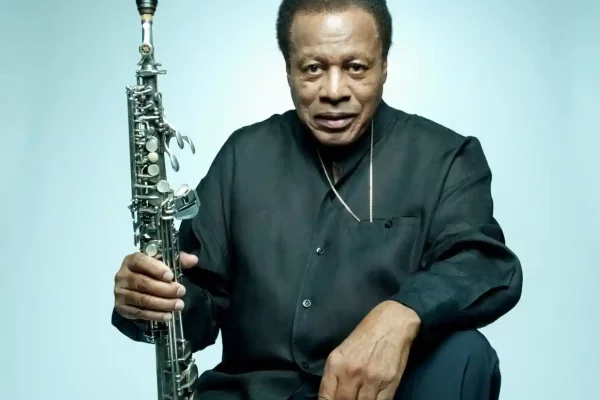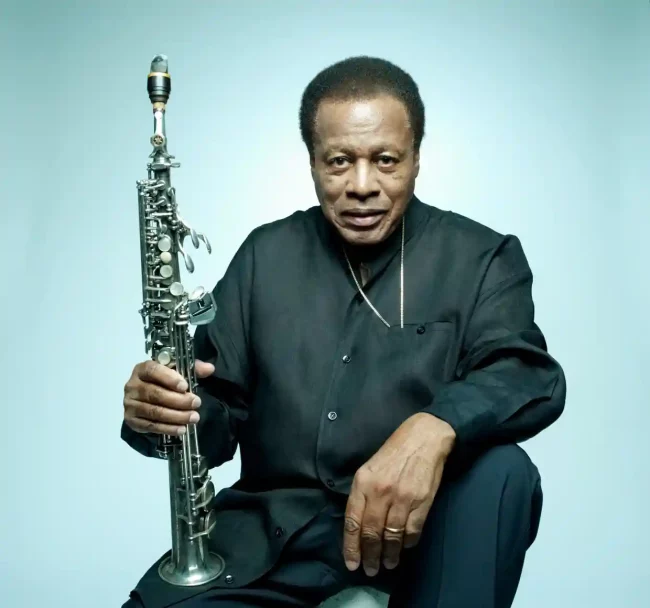Wayne Shorter in 2012. The legendary saxophonist and composer died on March 2 in Los Angeles.

Photo: Robert Ascroft/The Guardian
Wayne Shorter’s jazz career started as a teenager when he learned how to play the clarinet and trumpet.
He eventually switched over to the tenor saxophone and played bebop with his older brother Alan.
Shorter became an acclaimed saxophonist and jazz composer for over half a century and helped take jazz to new heights.
The legendary American jazz performer died on March 2 at the age of 89 in Los Angeles.
He performed in two of the most influential jazz groups in history.
Shorter joined Art Blakey’s band, Jazz Messengers, after graduating with a music degree from New York University in 1956 and after a two year stint in the army. It was the band that made him a global sensation and also became their musical director.
He then joined the Miles Davis Second Great Quintet in 1964 and played with Davis, Herbie Hancock, Ron Carter and Tony Williams.
“The master writer to me, in that group, was Wayne Shorter,” Hancock said about Shorter. “He still is a master. Wayne was one of the few people who brought music to Miles that didn’t get changed.”
Shorter co-founded his own jazz fusion band, Weather Report, along with Austrian keyboard player Joe Zawinul and Czech bassist Miroslav Vitouš.
Some of his best hits turned into jazz classics including “Footprints,” “Infant Eyes” and “Speak No Evil.” He released over 25 albums and made album appearances with Joni Mitchell, Carlos Santana and Steely Dan.
Shorter was a 12-time Grammy winner including recently for best improvised jazz solo for his track “Endangered Species.” He also received the Lifetime Achievement Award at the Grammys in 2015 and a Kennedy Center Honor in 2018.
He performed at the Sydney Opera House in 2016 and closed out the annual Vivid LIVE festival.
Shorter released his final album, Emanon, in 2018.
“Wayne Shorter, my best friend, left us with courage in his heart, love and compassion for all, and a seeking spirit for the eternal future,” Hancock said in a statement. “He was ready for his rebirth. As it is with every human being, he is irreplaceable and was able to reach the pinnacle of excellence as a saxophonist, composer, orchestrator, and recently, composer of the masterful opera ‘…Iphigenia.’ I miss being around him and his special Wayne-isms but I carry his spirit within my heart always.”
